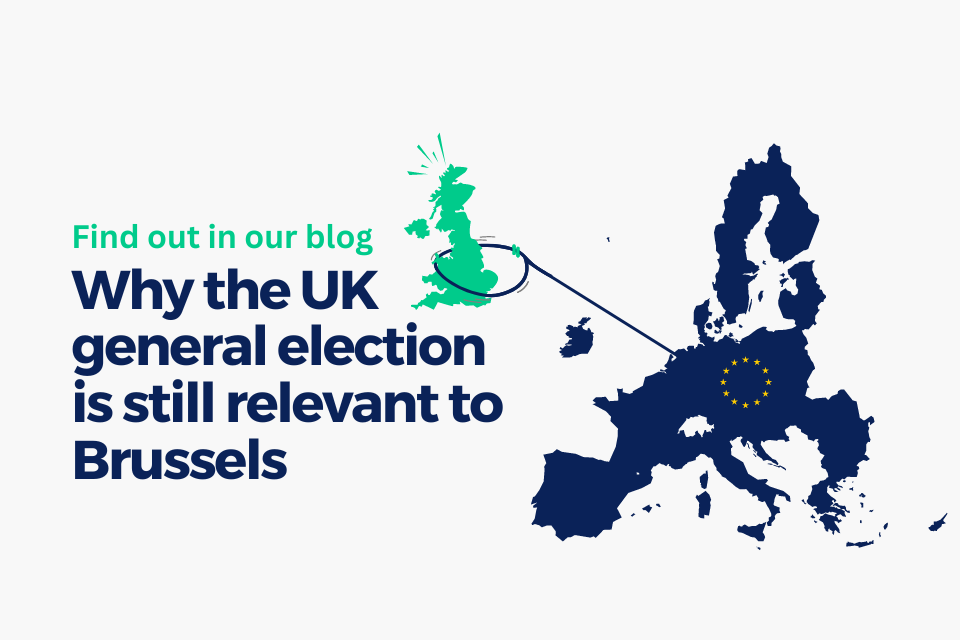#EUWHATSNEXT – A meaningless vote
Acumen is publishing a special blog series in the run-up to the European elections in May 2019. Today we focus on what’s happing in the UK.
#EUWhatsNext
A meaningless vote
Thirty-five months after a narrow majority of British voters (51.9%) voted to take the UK out of the EU, anger at the failure of Members of Parliament (MPs) to enact that decision is rife. This time revenge is not being served cold but over-heated. The two main political parties that have governed the UK for the last century, the Conservatives and Labour, are being devoured alive by resentful voters.
Throughout Europe ‘Volksparteien‘, big-tent parties of the centre-right and centre-left covering a broad coalition of people and interests, are being squeezed as never before in the post-WW2 era by populists of the far right and left but also by progressive groups such as the Greens. And in the UK, where millions, let alone the Cabinet and Shadow Cabinet, never wanted to take part in the European elections on May 23, Conservatives and Labour may well emerge with less than a third of the vote.
.jpg)
The latest poll puts Nigel Farage’s Brexit Party, just a few weeks old, way out ahead with 34% while Labour, under the ‘constructively ambiguous‘ Jeremy Corbyn, scores 21% and Theresa May’s Conservatives just 11%. Indications are that the two ‘major’ parties could do even worse on May 23, with some senior Conservatives fearing a final score in single digit figures…and their party coming fifth or sixth.
But does what one minister has called ‘the ultimate protest vote‘ matter if, against all evidence and even sound judgment, the government and Labour opposition concoct a deal that commands a parliamentary majority before July 2 – the day MEPs take their seats in the parliament in Brussels? Will there even be a fourth ‘meaningful vote’ by MPs on May’s deal or any other deal? Will the UK, as Farage wishes, simply crash out of the EU on October 31 with no deal and on ‘WTO terms‘? Nobody knows.
Up, down and sideways
The rise of the Brexit Party comes as little surprise for seasoned observers of UK politics. Farage’s latest political vehicle has all but swallowed up support for the UKIP party he founded and led for so many years. UKIP under Gerard Batten and his neo-fascist acolyte ‘Tommy Robinson’ has gone too far to the extremist right to be acceptable to the British electorate while Farage has garnered the backing of tens of thousands of disgruntled Conservative voters and even of Tory politicians/candidates. Close to President Donald Trump and alt-right figures such as Steve Bannon, Farage’s dog-whistle racism is (for now) over-looked because of the all-consuming and visceral dislike of ‘politicians’ and the ‘old parties.’
What is often over-looked, however, is that “Remain’ parties command substantial support, with Opinium putting the Liberal Democrats on 12%, the Greens on 8% and Change UK, the new party formed by former Conservative and Labour MPs on 3% (23% in total). Add the Scottish National Party (4%) and its Welsh equivalents, Plaid Cymru (2%), and a Remain alliance’ would be close to 30%. But there is no alliance as the parties could not agree.
.jpg)
This has led pro-EU campaigners such as Gina Miller to urge widespread tactical voting to ‘stop Farage.’ But Labour has seized upon the divisions to argue that the only way to defeat the Brexit Party is to vote for its list. It is seeking to convey the message that it is the ‘remain’ party but this cuts little ice with many of its supporters, with hundreds quitting the party in disgust at its ambivalence on the EU issue. Meanwhile, the Conservatives are so demoralised they are not even putting out a manifesto.
Class of July
If we assume British MEPs take their 73 seats, at least for a while, the biggest number will almost certainly be from Brexit, with Politico forecasting it will get 16 (a serious under-estimate) compared with UKIP’s 24 in 2014. Labour will be lucky to retain around 20 seats while the Conservatives will certainly lose several of the 19 it won last time. The LibDems will be disappointed if they do not raise their one seat to four or five while the SNP, now on two, could even double its representation (three is more likely) and Plaid could win two. Under the D’Hondt regional list system Change UK may scrape in though it’s hard to see UKIP winning any seats.
‘I’m back to make your life a misery’
They do everything they can to deny it but EU leaders are ‘making plans for Nigel‘ as the XTC song goes. Farage has promised to be as disruptive as possible – claiming the ‘democratic legitimacy’ to be part of the continuing debate on how the UK exits the EU. More pertinently from a Brussels perspective, he will be joining forces with a considerably expanded right-wing populist/nativist bloc – swollen by Italy’s Lega and the like to create a formidable blocking minority.
If Labour does better than expected, its MEPs could conceivably play a key role in choosing the next Commission president in the shape of Frans Timmermans, the S&D choice – assuming the British are still there and allowed to vote and the ‘Spitzenkandidat‘ process is retained, all of which are doubtful. And the EP will almost certainly be run by an EPP/S&D/ALDE coalition for the first time.
One thing should be certain: there will be no UK Commissioner in the Berlaymont. Or is it? Even at this stage, almost three years from that fateful referendum of June 23, 2016, it is by no means clear if Brexit will ever happen…


